Environmental Law
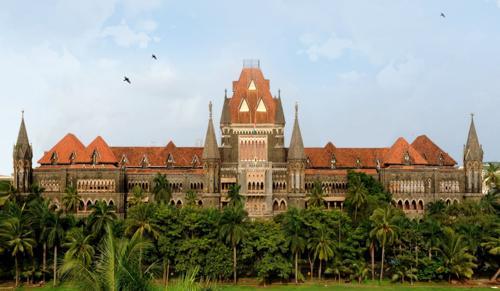
Bombay High Court Warns BMC, NMMC Over Failure to Implement Air Pollution Measures
The Bombay High Court pulled up the BMC and NMMC for failing to implement air pollution control measures despite repeated directions.
The Court observed a belligerent disregard of its orders, particularly by NMMC, and proposed stopping the salaries of municipal commissioners for continued non-compliance. It clarified that the proposal was a warning and no immediate salary stoppage was ordered.
The Court noted the absence of inspections at identified construction sites and expressed dissatisfaction with BMC’s delayed actions.
The matter has been listed for further hearing.
[High Court on its own motion v. State of Maharashtra & Ors.]
MananBookmark
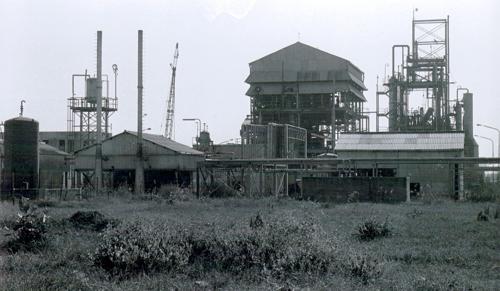
Madhya Pradesh Govt Plans Hiroshima-Style Memorial for Bhopal Gas Tragedy Victims
The Madhya Pradesh government has proposed the development of a large-scale memorial at the abandoned Union Carbide factory site in Bhopal, drawing inspiration from the Hiroshima and Nagasaki memorials in Japan.
The project aims to honour the victims of the 1984 Bhopal Gas Tragedy while educating visitors about the disaster’s devastating human, environmental, and industrial impact.
Estimated to cost over ₹1,200 crore and spread across nearly 90 acres, the memorial may include a museum, a wall bearing victims’ names, and an institute focused on industrial disaster research and prevention.
The plan will be implemented under judicial oversight after consultations with affected stakeholders.
MahiraBookmark
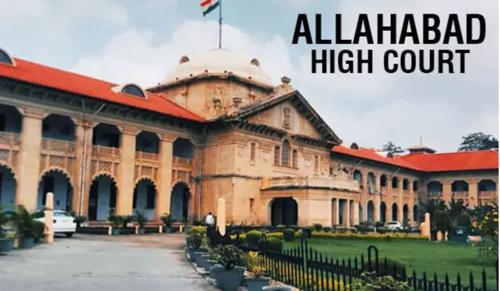
Allahabad High Court Quashes Summons Against L&T Directors in Air Pollution Case
The Allahabad High Court quashed summons issued against Larsen & Toubro and its directors under the Air (Prevention and Control of Pollution) Act, 1981, holding that the Magistrate failed to properly apply his mind.
The Court noted that valid consent from the Pollution Control Board existed during the relevant period, and the summoning order was based on incorrect facts.
It observed that merely stating that documents were perused is insufficient without reasoned findings.
Consequently, the matter was remitted to the Magistrate for fresh consideration in accordance with law.
[Sudhindra v. Desai & Ors v. U.P. Pollution Control Buard Thru. Its Assistant Environmental Engineer Shri Ashutosh Pandey Lko]
MananBookmark

Aravalli Definition Row: Supreme Court to Form Expert Committee Under Its Supervision
The Supreme Court on Wednesday proposed constituting an expert committee to examine issues relating to the definition of the Aravalli hills and environmental concerns arising from mining activities.
The Court sought the names of eminent environmentalists and forest experts from the Amicus Curiae and law officers. It clarified that the committee would function under the direct control and supervision of the Court.
The move follows the Court’s decision to recall its earlier order approving a restrictive definition of the Aravallis, amid concerns that it could permit large-scale mining.
Interim directions restraining illegal mining will continue to operate.
MahiraBookmark
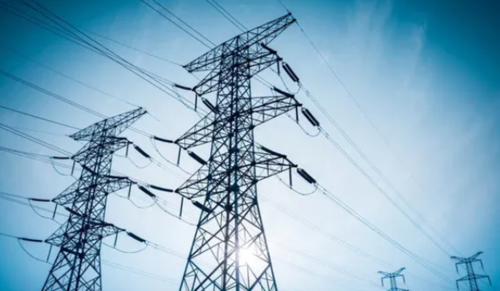
Electricity (Amendment) Bill Expected in Budget Session to Reform Power Sector
The Ministry of Power has indicated that the Electricity (Amendment) Bill, 2025, is likely to be introduced in the upcoming Budget session of Parliament.
The proposed amendments seek to bring reforms in the power sector, particularly to improve the financial health of power distribution companies (discoms). The government has said the Bill aims to curb recurring losses by enforcing financial discipline and ensuring timely payments.
While power distribution utilities reported collective profits in FY25 after several loss-making years, many discoms remain financially stressed. The amendments are also intended to promote cooperative federalism, competition and efficiency.
However, power sector unions have opposed the proposals, citing concerns over possible privatisation.
Thanush SBookmark
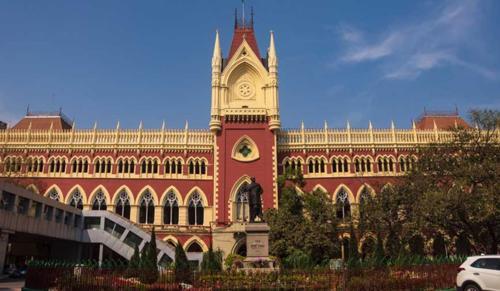
Calcutta High Court Takes Suo Motu Cognisance of Worsening Air Quality in Kolkata
The Calcutta High Court has taken suo motu cognisance of the deteriorating air quality in Kolkata, initiating a PIL over AQI levels recorded in the “very poor” to “hazardous” range.
The action follows concerns regarding the persistent decline in air quality across the Kolkata-Howrah metropolitan region.
The Court directed the State authorities to file their responses by February 28, 2026, and ordered that the matter be heard along with an existing PIL on the issue.
The petition seeks effective enforcement of environmental laws to address air pollution and protect the fundamental right to clean air under Articles 21 and 47 of the Constitution.
6 days ago
Thanush SBookmark

Global Ocean Biodiversity Treaty Comes into Force, Strengthening Protection of High Seas
The United Nations’ Biodiversity Beyond National Jurisdiction (BBNJ) Agreement has come into force, marking a significant step toward the protection and sustainable use of marine biodiversity in areas beyond national jurisdiction, including the high seas and the international seabed.
The treaty addresses long-standing governance gaps in regulating activities in ocean areas outside national control.
The agreement is now legally binding on the 81 countries that have ratified it, after crossing the required threshold of 60 ratifications.
UN Secretary-General António Guterres said the treaty strengthens international law amid accelerating climate change, biodiversity loss, and pollution, and builds on the UN Convention on the Law of the Sea to advance coordinated global ocean protection.
Thanush SBookmark

NGT Flags Drinking Water Contamination Across Madhya Pradesh, Issues Statewide Directions
The National Green Tribunal has raised serious concerns over contamination of drinking water sources in several districts of Madhya Pradesh, warning of a potential public health crisis.
The Tribunal noted the presence of harmful pollutants and observed that monitoring by authorities has been inadequate.
Hearing a plea, the NGT directed the State to carry out comprehensive water quality testing, identify the sources of contamination, and take immediate remedial measures to ensure safe drinking water.
The Tribunal directed the State to submit compliance reports within stipulated timelines, reiterating that access to clean drinking water is a core aspect of public health and environmental protection.
[Mr. Rashid Noor Khan v. Collector, Indore & Ors.]
MahiraBookmark
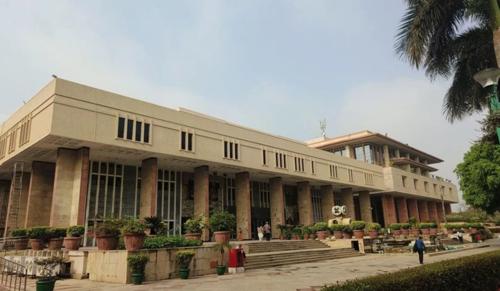
Delhi High Court Declines PIL Against Auto Festival Over Pollution Fears
The Delhi High Court refused to entertain a PIL seeking cancellation of the “Burnout City India” auto festival on the ground that it would worsen air pollution.
The Court held that judicial intervention cannot be based on conjectures or assumptions, especially in environmental matters.
It observed that the petition lacked scientific data or empirical material to establish that the event would violate GRAP norms or aggravate air and noise pollution. The Bench noted that mere apprehension about fuel consumption or modified vehicles is insufficient.
However, the Court directed the District Magistrate to examine the grievances and take action in accordance with law.
[Hemant Jain & Anr v. UOI & Ors.]
MananBookmark
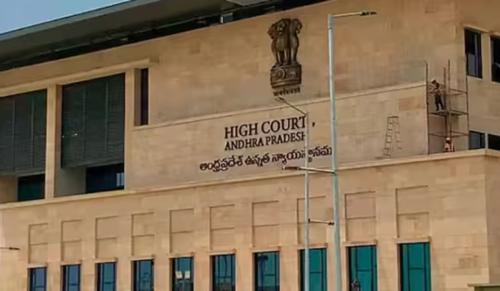
Andhra Pradesh High Court Upholds NGT Order Keeping Mining Clearance in Abeyance
The Andhra Pradesh High Court upheld a National Green Tribunal order keeping a mining company’s environmental clearance in abeyance and stressed that natural resources must be preserved for future generations.
The Court said protecting forests and the environment is a duty of both the State and citizens, and polluting industries cannot operate unchecked.
It observed that environmental protection and sustainable development must be balanced and applied together.
The Court found no jurisdictional error in the NGT’s decision, holding that the tribunal rightly intervened due to procedural lapses and inadequate environmental assessment in granting clearance to the silica sand mining project.
MahiraBookmark
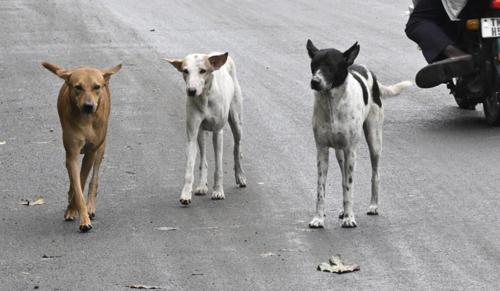
Supreme Court Flags Accountability in Stray Dog Attacks, Warns States on Compensation
The Supreme Court warned that states may face compensation for deaths or injuries caused by stray dog bites, particularly to children and the elderly, due to inaction.
Addressing dog feeders, the bench suggested they continue feeding from their homes to prevent stray animals from roaming streets.
The Court emphasised non-compliance by civic authorities, citing an increase in dog bite incidents near schools, hospitals, and railway stations.
It reiterated adherence to Animal Birth Control (ABC) Rules, directing sterilisation, vaccination, and relocation of stray dogs to shelters, while ensuring they are not released back in public areas.
MahiraBookmark
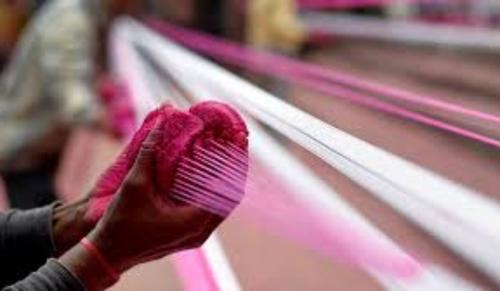
Bombay High Court Slams Maharashtra Govt over Nylon Manjha Menace
The Bombay High Court held that the Maharashtra Government has failed to discharge its constitutional obligations in curbing the illegal sale and use of banned nylon manjha.
The Court observed that the State’s response has been “episodic, reactive and ritualistic,” surfacing only after public outrage or court scrutiny.
It noted that such inaction directly impacts the right to life under Article 21 and violates environmental duties under Articles 48A and 51A(g).
Finding enforcement against petty vendors inadequate, the Court directed the constitution of a Special Task Force and ordered sustained, intelligence-driven action targeting the entire illegal supply chain.
[The Registrar (Judicial) High Court of Judicature of Bombay v. State of Maharashtra]
MananBookmark
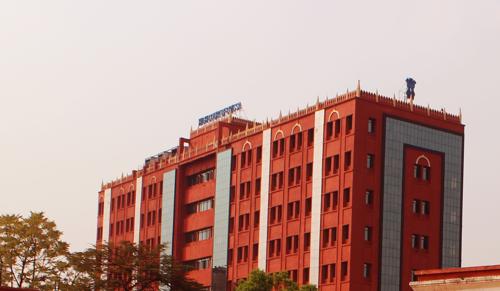
PIL in Orissa HC Challenges Toll Collection on NH-49 Over Unsafe Dwarsuni Ghat Stretch
The Orissa High Court has received a PIL by Advocate Akash Sharma seeking suspension of toll collection at the Jharpokharia Toll Plaza on NH-49, citing the dangerously incomplete Dwarsuni Ghat stretch.
The plea alleges the road is riddled with potholes, craters, and construction obstacles, causing over 500 accidents and 100+ deaths, and remaining incomplete until November 2027.
It argues that toll is a user fee, not a tax, and cannot be levied without providing a safe, motorable road, calling the levy an unlawful exaction.
Invoking Article 21, the petition claims forcing commuters to pay while risking their lives is arbitrary and violates the right to safe travel.
MananBookmark
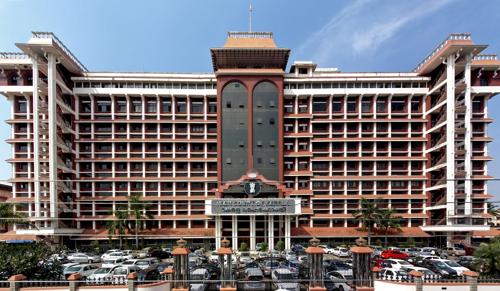
District Authority can Reject Petrol Pump NOC for Violating CPCB Distance Norms From Schools
The Kerala High Court held that a District Authority may lawfully reject an application for a No Objection Certificate under Rule 144 of the Petroleum Rules, 2002 if the proposed petrol outlet does not maintain the minimum distance from schools and other public places as per Central Pollution Control Board (CPCB) guidelines.
The Court clarified that the distance should be measured from the school’s compound wall, including the playground, as it is integral to the school’s functioning.
It upheld the refusal of the NOC since one of the schools fell within the prohibited distance.
[Ashwin Abraham Cherian v. Hindustan Petroleum Corporation Ltd. & Ors.,]
MahiraBookmark
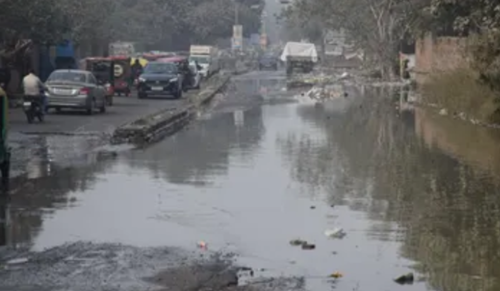
Delhi High Court Orders Immediate Fix for Shaheen Bagh Sewer Leakage
The Delhi High Court directed the Delhi Jal Board to stop open sewer leakage at Shaheen Bagh immediately.
The matter arose when a Times of India report on 7 January 2026 highlighted unsafe sewer leakage near the area. The Bench said open sewer leakage is a safety, security, and health hazard, making roads unusable for residents.
The Court allowed Delhi Jal Board to take help from Municipal Corporation of Delhi, Public Works Department, or other civic bodies to inspect and fix the leakage and file a status report. While hearing the larger suo motu waterlogging case, the Court asked civic bodies to meet and flag unresolved issues.
The matter is listed for 16 January 2026.
Thanush SBookmark